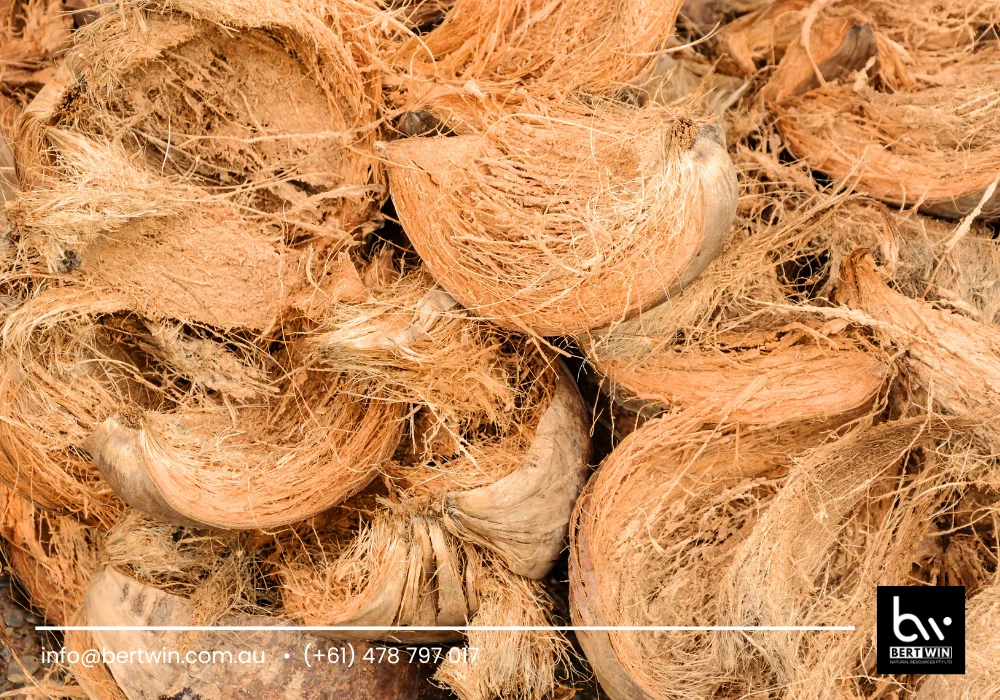Coco peat soil has become an increasingly important component in modern agriculture and horticulture as growers worldwide search for sustainable, efficient, and environmentally friendly growing media. In recent years, concerns about soil degradation, reduced land fertility, and overreliance on chemical-based mediums have encouraged both small gardeners and large agricultural companies to search for alternatives. This background highlights why coco soil is now widely recognized as a reliable growing solution that not only improves plant health but also supports long-term ecological balance.

Understanding Coco Soil
What Is Coco Peat Soil?
Coco peat soil is a natural, fibrous product made from the husk of coconuts. The material is obtained after the extraction of long fibers, and the remaining dust-like particles are processed into a soft, sponge-like medium. Despite its name, coco peat soil does not contain actual soil; instead, it is a soil substitute or soil enhancer. Its natural texture, high water-holding capacity, and excellent air-porosity make it suitable for various types of plants.
Coco peat soil is often compressed into bricks or blocks for easier storage and transportation. When hydrated, it expands several times its original size, making it a highly economical product for growers.
Key Characteristics
Some of the most notable characteristics include:
- High water retention while maintaining aeration
- Neutral to slightly acidic pH, ideal for most plants
- Resistance to fungal growth due to its natural compounds
- Biodegradability and environmental friendliness
These characteristics allow coco soil to perform better than traditional peat moss in many applications, without contributing to the depletion of natural peat bogs.
Benefits of Using Coco Peat Soil
1. Excellent Water-Holding Capacity
Coco peat soil can absorb and retain large amounts of water compared to natural soil. This makes it extremely helpful in areas with limited water supply or inconsistent rainfall. Plants can access water more easily, minimizing the frequency of irrigation. This advantage is especially important for commercial growers who require consistent moisture levels for optimal crop performance.
2. Improved Aeration for Healthy Roots
The structure of coco peat soil ensures that plant roots receive sufficient oxygen. Unlike traditional soil that may become compacted over time, coco peat remains loose, allowing roots to grow freely and absorb nutrients efficiently. Good aeration encourages vigorous root development, which directly contributes to healthier and stronger plants.
3. Environmentally Friendly Growing Medium
Traditional peat moss extraction harms natural ecosystems, particularly peat bogs that take thousands of years to form. Coco peat soil, however, is a renewable resource derived from coconut waste materials. Using it contributes to sustainable waste management and reduces the need for environmentally destructive growing media.
4. Enhances Soil Structure
When mixed with natural soil, coco peat soil enhances texture, improves drainage, and increases nutrient-holding capacity. It helps sandy soil retain water longer and prevents clay soil from becoming overly compact. By improving soil structure naturally, it supports plant growth even in challenging environments.
5. Versatile Applications
Coco peat soil can be used in:
- Seed starting
- Hydroponics
- Potting mixes
- Greenhouse farming
- Vertical farming
- Landscaping
- Mushroom cultivation
Its versatility makes it suitable for both commercial agriculture and home gardening.
How Coco Peat Soil Supports Modern Agriculture
1. Sustainable Farming Practices
Farmers are increasingly shifting towards sustainable practices, and coco peat soil plays a vital role in this transition. By replacing synthetic soil conditioners and conserving water, farmers reduce their environmental impact while maintaining productivity.
2. Reduced Fertilizer Waste
Coco peat soil has excellent cation exchange capacity, meaning it can hold essential nutrients and release them gradually as plants require. This reduces fertilizer waste and lowers production costs. Since nutrients remain available longer, crops are healthier and more resilient.
3. Favorable Conditions for Seed Germination
Seedlings respond well to coco peat soil because of its light texture and sterile nature. The near-neutral pH and lack of contaminants create ideal conditions for germination. This results in higher germination rates and more uniform plant development.
4. Ideal Medium for Hydroponic Systems
Hydroponics relies heavily on media that can maintain moisture without suffocating roots. Coco peat soil is widely used in hydroponic farms because it balances water retention and aeration perfectly. It also reduces the risk of root diseases, which are common in water-based systems.
Challenges and Solutions When Using Coco Peat Soil
1. Salt Content Variation
Some coco peat products may contain residual sodium or potassium salts. However, this issue can be solved by proper washing and buffering during production. High-quality coco peat soil is always pre-washed and ready for agricultural use.
2. Nutrient Deficiency
While coco peat soil is an excellent medium, it does not naturally contain many nutrients. Growers must supply fertilizers or mix it with compost. Once supplemented, the medium holds nutrients exceptionally well.
3. pH Monitoring
Although the pH is generally stable, growers should still monitor it periodically, especially in hydroponic systems. Adjustments can be made easily with standard pH-balancing solutions.
Why the Demand for Coco Peat Soil Continues to Grow
Global Shift Toward Greener Agriculture
Many regions are experiencing rapid soil degradation and water shortages. Coco peat soil helps address both issues by improving soil quality and conserving water. Governments, agricultural organizations, and environmental groups are increasingly recommending its use.
Cost-Effective for Large-Scale Farming
Because coco peat soil expands significantly when hydrated, it is economical to ship and store. Large farming operations benefit from reduced transportation costs and long-term usability, as the material can last for years if maintained properly.
Growing Popularity in Urban and Indoor Gardening
With more people adopting home gardening, vertical farming, and indoor planting systems, coco peat soil is gaining popularity. It is clean, odorless, and easy to work with—ideal for urban households.
Conclusion
Coco peat soil has established itself as a crucial growing medium for agriculture, horticulture, and modern gardening practices. Its background, rooted in sustainability and the need for better soil alternatives, highlights its importance in today’s farming landscape. With benefits such as excellent water retention, improved aeration, and environmental friendliness, coco peat soil offers a reliable solution for both commercial growers and home gardeners. As global demand increases, it is clear that this versatile medium will continue to play a significant role in shaping the future of sustainable agriculture.
For further information, you may contact WhatsApp at (+61) 478797017 via the link https://wa.me/61478797017 or email info@bertwin.com.au.
Read More:
